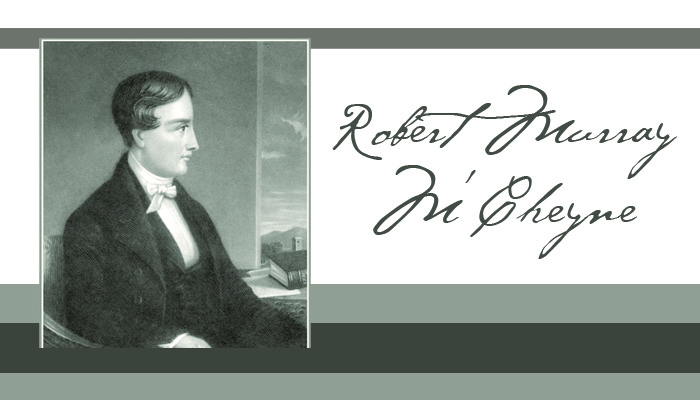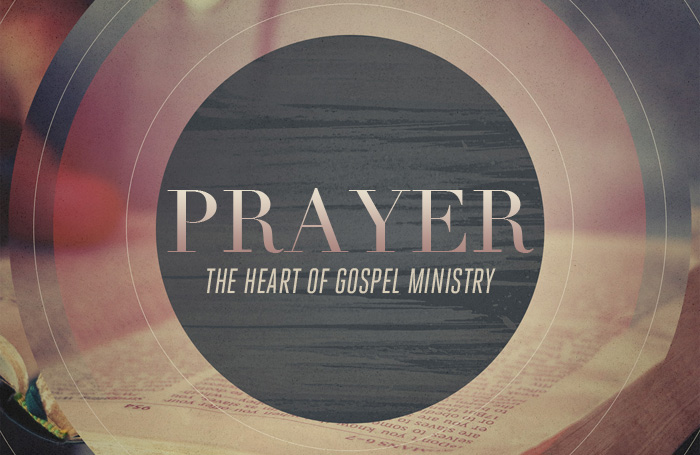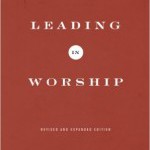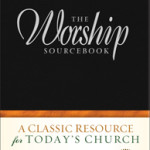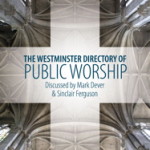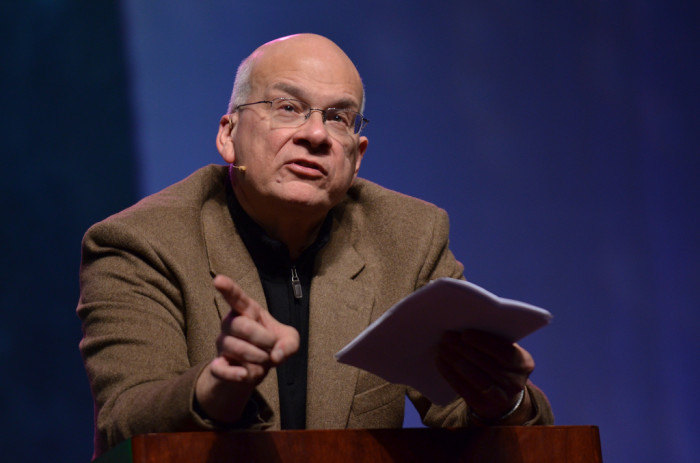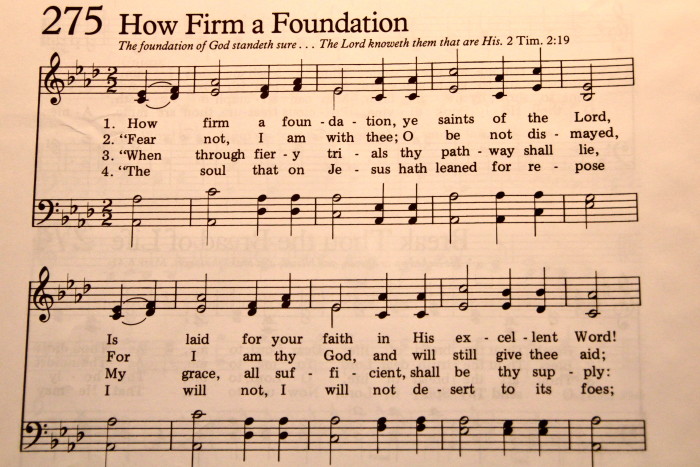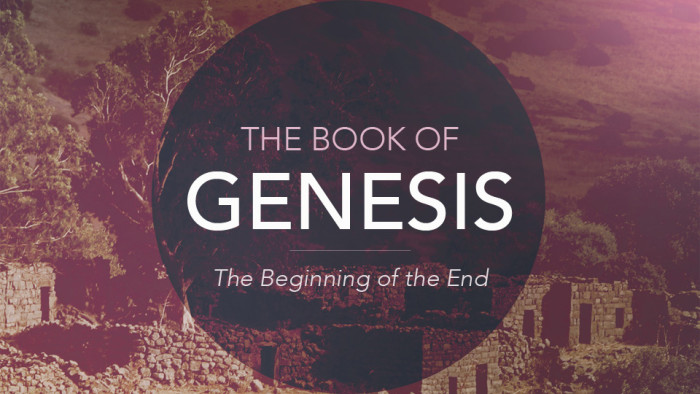
So, here’s where we stand on the promises of chapter 12 by the end of chapter 14. Abram’s name is great, but he still has no family. This now becomes the central issue of chapters 15-17 as we see “The Covenant.”
The Covenant
Some time after the defeat of the rebel kings God speaks to Abram in a vision. Notice what God says in 15:1, “Fear not, Abram, I am your shield; your reward shall be very great.” What’s Abram’s fear? That he has no son. Such a fear is mostly lost in our culture, but few fears were greater in the ancient world than having no heir. Abram says in 15:2-3 that God hadn’t yet given him offspring and so the heir of his house would just be servant Eliezer. Look at how God comforts him in 15:5, “’Look toward heaven, and number the stars, if you are able to number them.’ Then he said to him, ‘So shall your offspring be.’” It’s seems like this illustration of the promise is just what Abram needed for 15:6 says, “And he believed the LORD, and he counted it to him as righteousness.” From this point on in Scripture Abram becomes the epitome of faith as Paul consistently uses this verse to prove justification by faith alone. Faith, according to Genesis 15:6, is readiness to accept God’s promise.
Abram’s faith is small though for he asks how will he know he can take God at His word (15:8). God says get a cow, a goat, a ram, a turtledove, and a pigeon. Abram get them and cuts all but the birds in half—a covenant service is about to happen. Like He did with Adam, God causes a deep sleep to fall over Abram. And God says, “Know for certain that your offspring will be sojourners in a land that is not theirs and will be servants there, and they will be afflicted for four hundred years.” But God would eventually deliver them. Why the four-century-long wait to gain the promised land? Look at 15:16, “And they shall come back here in the fourth generation, for the iniquity of the Amorites is not yet complete.” What an amazing statement. God is making His chosen people wait for the promise so that the sin of those filling the land would be so great He could not but wipe them away. What patience this ought to instill in us when we see enemies of God flaunting their success and apparent security. It could just be God is waiting until their sin is complete to send forth His wrath. Our God is trustworthy and terrifying.
What comes in 15:17 is among the most astonishing verses in all of Scripture. Look at what happens, “When the sun had gone down and it was dark, behold, a smoking fire pot and a flaming torch passed between the pieces. On that day the LORD made a covenant with Abram.” A covenant is a binding agreement sealed with an oath, not unlike marriage is a binding agreements sealed with vows—“till death do us part.” In the Ancient Near Eastern world parties of a covenant would often pass through a cut animal to signify “may such a thing be done to me if I break the covenant.” What’s astonishing about this is that only God, the smoke and fire were a theophany, makes the covenant. It’s His initiative and His gift. The God who cannot die says, “May I die if I don’t fulfill my promises.” This is how sure His grace to Abram is.
Yet, no child has yet come. So Abram and Sarai take matters into their own hands. Look at 16:2, “And Sarai said to Abram, ‘Behold now, the LORD has prevented me from bearing children. Go in to my servant; it may be that I shall obtain children by her.’” Just as Adam should have rebuke Eve for handing him the forbidden fruit, Abram should have rebuked his wife for taking the matter of children into her own hands. Yet, just like Adam, he listens to his wife’s dubious council and proceeds to have a child by Hagar—ten years after he first heard God’s call. Once the child is conceived Sarai proceeds to despise Abram and Hagar for the very thing she wanted to happen. Unrepentance means never taking responsibility. Sarai treats Hagar so harshly that Hagar flees with the boy to “a spring of water in the wilderness.” You see in 16:7 that the angel of the LORD arrives. He comforts the mistreated servant saying in 16:11, “Behold, you are pregnant and shall bear a son. You shall call his name Ishmael because the LORD has listened to your affliction. He shall be a wild donkey of a man, his hand against everyone and everyone’s hand against him.” The child is eventually born and the story goes silent for thirteen years.
The Sign of the Covenant
One can only wonder what must have run through Abram’s mind all those years as he only got older and older, with each passing year making the birth of a son seemingly more impossible. When Abram is 99 years old God shows back up and look at what he says in 17:1-2, “I am God Almighty; walk before me and be blameless, that I may make my covenant between me and you, and my multiply you greatly.” God goes on to say that He’s changing Abram’s name to Abraham, for he would be the father of many nations, and God will establish with Abraham “an everlasting covenant, to be God to you and to your offspring after you.” Abraham must prove his faith in the covenant by walking in obedience to the covenant’s condition: circumcision. Every male in his household from henceforth must be circumcised. Circumcision functions as a concrete reminder to Abraham this his children were the result of the grace of God, not Abraham’s own reproductive power.
What then about the promise of offspring? Now 25 years after the call Abraham has Ishmael, but look at 17:16. God is going to do something in Abram’s wife. Her name will change from Sarai to Sarah and God says, “I will give her, and moreover, I will give you a son by her . . . kings of nations shall come from her.” With happy incredulity Abraham laughs aloud at the thought have a 100-year-old man and 90-year-old woman having a son, why not just let the line come through Ishmael? God’s says—sovereign election is on full display here—in 17:21, “I will establish my covenant with Isaac, whom Sarah shall bear to you at this time next year.” God gave a promise to Abraham, Abraham waited for twenty-five years, and now he has a name for that promise: a covenant with Isaac. Our God is Lord of the covenant.
The Fragrance of Grace
Last Friday I spent a good portion of the day laying down some fresh mulch in all the beds of our house. I got the mulch from a new place and it didn’t take me long to recognize this mulch had a very distinct, earthy smell to it. Later on in the day I was out running and as I came down the street I could smell the mulch some thirty yards away. Every time I’ve walked outside this week or opened our garage door it’s only been a matter of seconds before the whiff of mulch flew by on the breeze. For better or worse, our house seems to have a fragrance about it.
Did you notice the fragrance of Genesis 12-17, the distinct spiritual smell that permeates the entire account? What is it? God’s grace as expressed through His abundant promises to Abraham. To know God is to know grace, to be God’s people is to be recipients of grace, to live by faith is to live in grace. As we close let’s do so by noticing the two distinct, but inseparable truths of grace we find permeating this story of Abraham.
Nothing can earn the favor of God’s promise. There is not one thing in the entire story that Abraham did to earn the favor of God’s promise. He simply is a humble, faithful vessel God calls and covenants with in sovereign grace. The plan Sarah hatched cannot earn the promise, it’s simply an example that human attempts to receive God’s grace will fail in the end. Is there anywhere in your life you are striving to earn the favor of God’s promise? I pray tonight you are challenged and comforted by the reality that God’s promise is never earned, it is only received by faith.
Nothing can stop the fulfillment of God’s promise. Not one man’s failure of faith, nor the opposition of unbelieving kings. The wave of sovereign grace will flow where it will and nothing can stop it. If you’re a Christian, God’s faithfulness to His promises of grace is something on which you can stake your life. If you’re not a Christian, it’s the same for you. You see the promise wouldn’t come to full fruition until God sent His Son Jesus Christ. For Jesus is the true and better Abraham, who answered the call of God to leave the comfortable and familiar home of heaven and go out into the world to create a new people of God. And through faith, turning from your sin and trusting in Christ, you too can be part of the family of God.
Through Christ God is creating a new covenant people, giving them a promised inheritance in heaven, and using them to accomplish a global purpose. This we are to do by forsaking all to follow God and bring blessing to the nations by preaching the gospel of Jesus to the nations. God’s covenant people are to be heralds of the covenant relationship found in Christ alone. Our God is Lord of the covenant.
This post is adapted from my recent sermon, “Abraham,” on Genesis 12-17.

